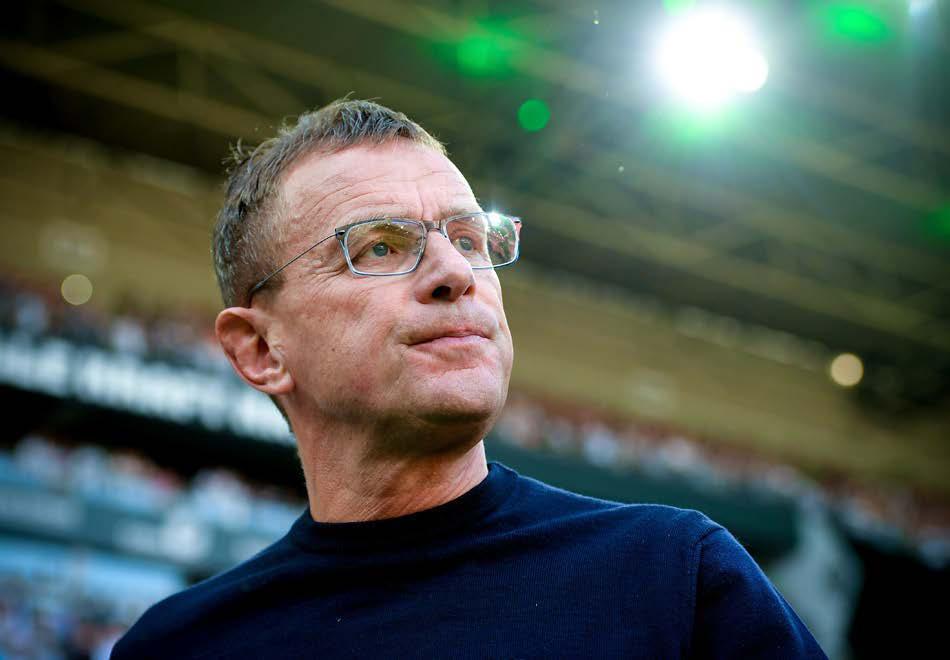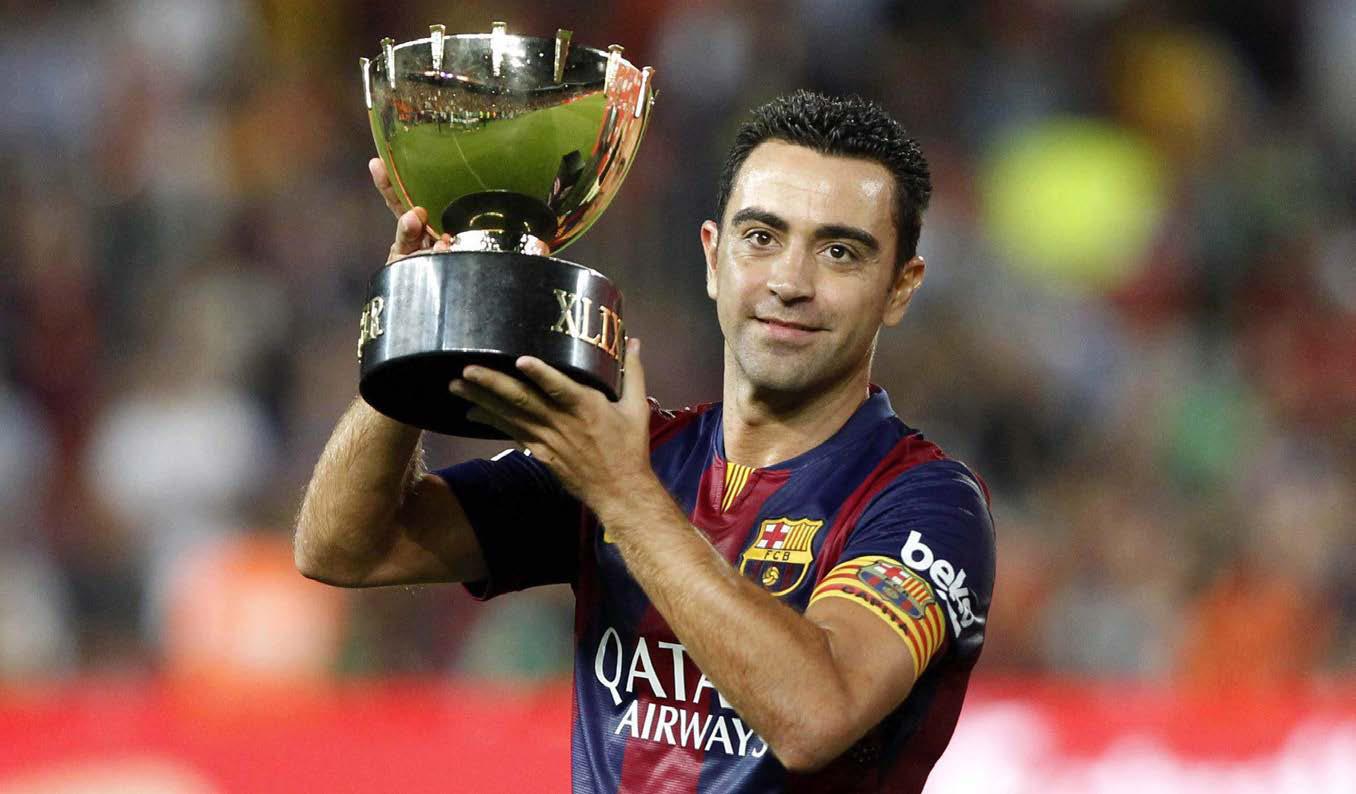FIRST WORD
TOUGH AT THE TOP
‘JOSE MOURINHO DOMINATED FOOTBALL IN DARTH VADER FASHION BUT HIS DEATH STAR MAY BE ON THE WANE’
JOSE MOURINHO WAS ONCE THAT RARE THING – A BOX OFFICE SMASH THAT FOUND FAVOUR WITH THE CRITICS AS WELL, GABY MCKAY ASKS IF THE ROMA COACH IS NOW THE FRANCHISE THAT’S GONE ON TOO LONG…
LL
ove or hate the man, there’s no question that there’s something fascinating about Jose Mourinho. From charming, brash upstart to all-conquering Darth Vader figure, the eyes of the world have long been on the ‘Special One’ and perhaps even more so now that his Death Star is seemingly on the wane. Since his second spell at Chelsea ended in a cloud of toxicity it’s been very much diminishing returns. Two trophies and second place at Manchester United wasn’t bad, but by his third season Mourinho had alienated almost all of Old Trafford. An initial upswing in results at Tottenham Hotspur gave way to the familiar complaints about his players and singling out of individuals. With his reputation thoroughly soured in England, the Portuguese returned to the one nation out-side his own where he was still unquestioningly revered – Italy. Signing on at Roma for the 2021-22 season
6
SOCCER360 JANUARY • FEBRUARY 2022
“LIKE POLITICAL CAREERS, ALMOST ALL MANAGEMENT CARERS END IN FAILURE” looked a strange move at the time. A man who left Real Madrid wrapped in paranoia of leaks and suspicion of back biting moving to perhaps the highest-pressure city in football – though Glasgow and Buenos Aires may have something to say about that – where there are dozens of radio stations dedicated exclusively to specifically Roma or Lazio seemed like a pressure cooker ready to explode. Perhaps predictably, a good start soon gave way to latter day Mourinho’s greatest hits: throwing players under the bus, sniping at journalists, complaining about referees. All indications say Roma are committed to their coach and will back him in January, but it’s perhaps worth asking: do managers have a shelf life? No-one expects a footballer to maintain their peak over 30 or 40 years, but it seems generally assumed that a good coach will remain so in perpetuity: look at the jobs Mourinho has been handed when his last league title came more than seven years ago. It’s not just the Roma boss. Carlo Ancelotti has started his ‘Galactico-whisperer’ return to Real Madrid well but the Italian, winner of three Champions League titles, underwhelmed with both Napoli and Everton. Rafa Benitez is experiencing similar struggles at Goodison Park and, with respect, his two previous jobs were Newcastle United and Dalian Professional. The idea of a shelf life for coaches is borne out by some of the most influential in history. Arrigo Sacchi’s Milan remain revered as one of the greatest ever, their influence on the modern game indisputable. But the Italian’s reign last just four years and he never scaled those heights with the national team, Parma, Atletico Madrid or on his return to San Siro. Similarly Rinus Michels, inventor of Total Football, stunned the world with Ajax and the Netherlands in the 1970s but bounced around
ABOVE: Jose Mourinho’s return to Italy has quickly taken a turn for the worse LEFT: Jurgen Klopp and Pep Guardiola have both hinted they may retire early BOTTOM: Could there ever be another Alex Ferguson?
the landscape before capping his career with the 1988 European Championships. Johan Cruyff transformed Ajax and Barcelona, taking his lead from Michels, but his entire management career last just 11 years and Pep Guardiola, the obvious fourth name in this conversation, is a keen student of the game and knows not to outstay his welcome. Though he walked it back slightly on signing his new Manchester City contract, he’s been clear in the past: “I will not be on the bench until I am 60 or 65 years old. I feel the process of my goodbye has already started.” His great rival Jurgen Klopp has said he may call it a day in 2024 when his Liverpool contract expires. Fabio Capello, Marcello Lippi, Arsene Wenger, Luiz Felipe Scolari, Giovanni Trapattoni: like political careers, almost all managerial careers end in failure. The screamingly obvious exception is, of course, Sir Alex Ferguson who amassed an incredible 38 major trophies over nearly four decades on the bench and retired with a final Premier League title. The Manchester United legend is an exception in so many ways though, constantly updating his backroom staff and playing style to move with the times. Even then, Fergie’s idea of anointing David Moyes as his successor and boardroom backing of Ole Gunnar Solskjaer weren’t exactly roaring successes, and United’s attempts to find a ‘new Ferguson’ probably prove he was just a freak of nature. Can Mourinho battle against what appears to be the natural gravity which affects the top managers? Recent evidence would suggest not, but one thing is sure: everyone will be watching.














